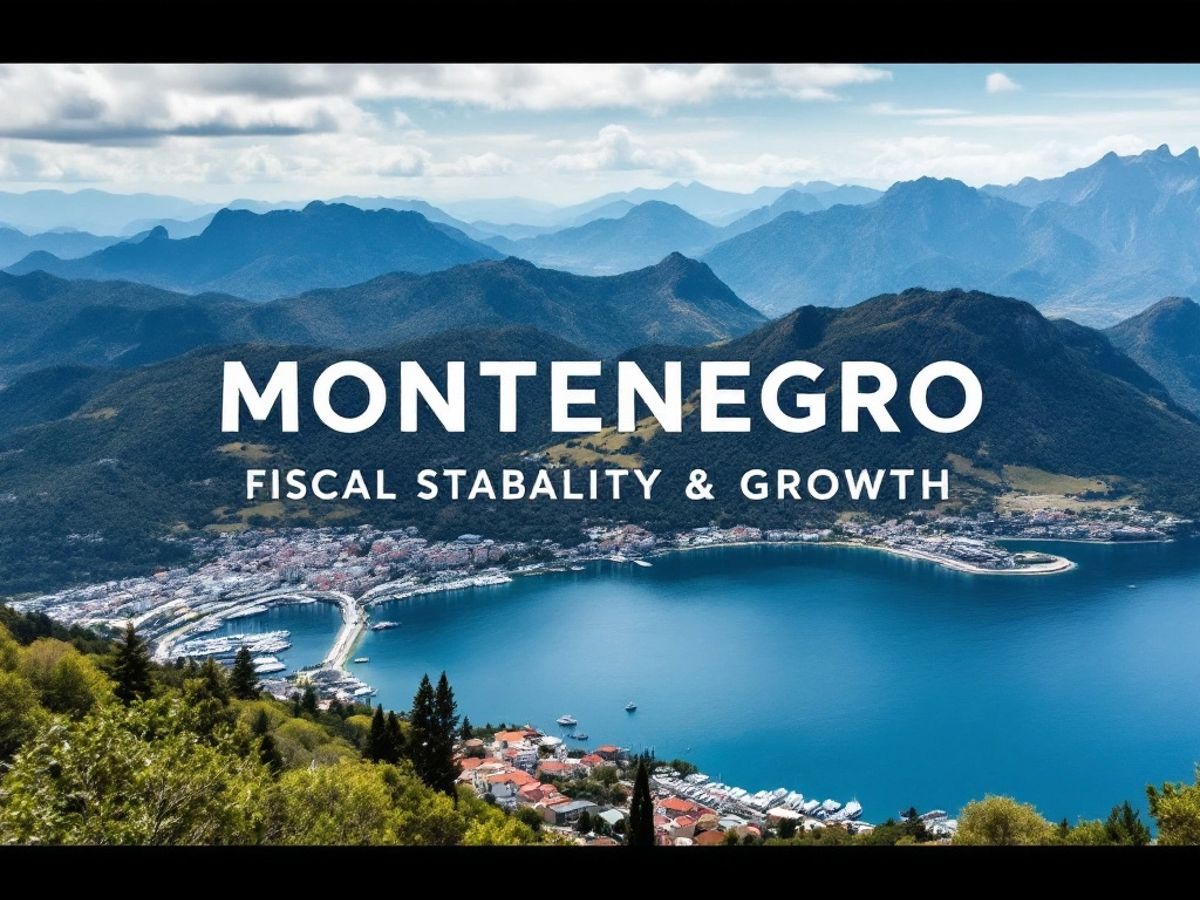Montenegro has secured an 80 million euro loan from the World Bank aimed at enhancing its fiscal stability. This financial support is expected to bolster the country’s economic resilience and assist in managing its public finances more effectively.
Key Takeaways
- Loan Amount: 80 million euros
- Purpose: To enhance fiscal stability in Montenegro
- Impact: Expected to improve economic resilience and public finance management
Background on Montenegro’s Economic Situation
Montenegro, a small Balkan nation, has faced various economic challenges in recent years, including high public debt and the need for structural reforms. The World Bank’s intervention is seen as a crucial step towards stabilizing the economy and ensuring sustainable growth.
Objectives of the Loan
The primary objectives of the loan include:
- Strengthening Fiscal Management: Improving the efficiency of public spending and revenue collection.
- Supporting Economic Recovery: Aiding in the recovery from the economic impacts of the COVID-19 pandemic.
- Promoting Sustainable Development: Ensuring that economic growth is inclusive and environmentally sustainable.
Expected Outcomes
The World Bank anticipates several positive outcomes from this financial assistance:
- Improved Public Services: Enhanced delivery of essential services to citizens.
- Increased Investor Confidence: A more stable fiscal environment may attract foreign investments.
- Long-term Economic Growth: Establishing a foundation for sustainable economic development.
Conclusion
The World Bank’s loan to Montenegro represents a significant step towards achieving fiscal stability and economic resilience. As the country navigates its financial challenges, this support will be instrumental in fostering a more robust economic framework and ensuring a brighter future for its citizens.






